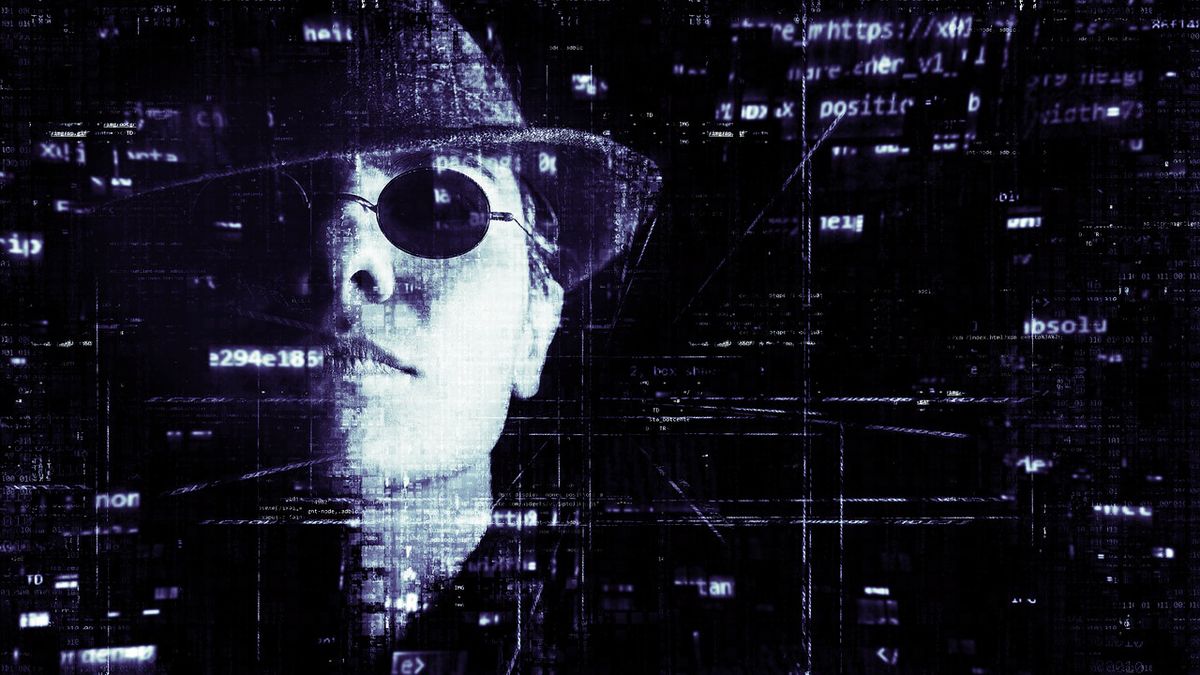Researchers from the Singapore University of Technology and Design (SUTD) have developed a groundbreaking software that combines reinforcement learning and phase-change memory to understand complex movement design. While previous studies have applied deep learning to games like Chess and Go, the SUTD researchers decided to test their D-PPO algorithm on Street Fighter Champion Edition II. They trained their SF-R2 AI player by allowing it to play against a computer for two consecutive days before challenging a human participant. The AI-powered system emerged victorious, showcasing its formidable capabilities.
According to the research paper, this work has broader implications for movement science and can potentially contribute to advancements in robotics and autonomous vehicles. The software opens up opportunities for comprehensive training in fields where machines observe human behavior and strive to replicate and surpass it.
Competing against human players in various games has long been a milestone for AI researchers. In 2017, DeepMind’s Alpha Go AI defeated the world’s number-one human Go player for the second time, following its initial victory over Fan Hui the previous year. Microsoft’s AI achieved the world’s first perfect Ms. Pac-Man score, and OpenAI’s engine outperformed the top Dota 2 players of that time.
This recent milestone of defeating a Street Fighter champion was made possible by combining reinforcement learning with phase-change memory. Phase-change memory, initially developed by HP, is a form of nonvolatile memory that uses electrical charges to alter areas on chalcogenide glass, offering significantly faster speeds than commonly used Flash memory.
Desmond Loke, the principal investigator, explained, “Our approach is unique because we utilize reinforcement learning to surpass the movements of top human players. This was not achievable with previous methods, and it has the potential to revolutionize the types of moves we can create.”
The development of this software showcases the immense progress in AI and its applications in diverse fields. As researchers continue to push boundaries and optimize algorithms, AI-powered systems hold the potential to revolutionize various industries and redefine human-machine interactions.




